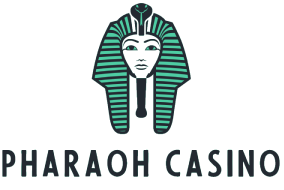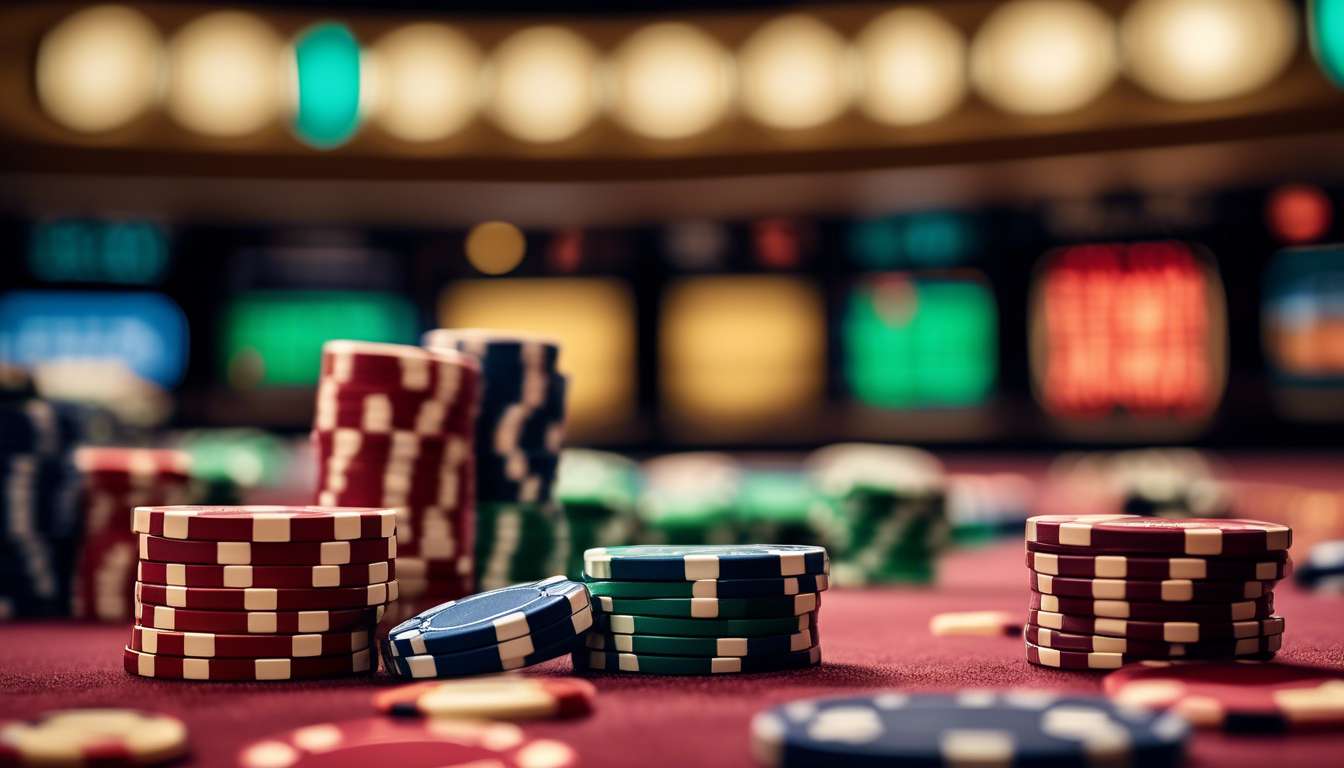When we step into the dynamic worlds of gambling and trading, we find ourselves at the crossroads of risk and reward. Both arenas promise the allure of quick gains but come with their own set of uncertainties. As we navigate through the intricacies of these two fields, we often wonder which path offers the better bet.
The Thrill of the Casino:
-
The casino is a world where chance is king and fortune favors the bold.
-
Gambling in casinos relies heavily on luck, although some games involve a degree of skill.
-
The excitement is immediate, with outcomes determined in moments.
The Calculated World of Trading:
-
Trading, on the other hand, is a calculated endeavor where strategy and analysis reign supreme.
-
Success in trading often requires a deep understanding of market dynamics and economic indicators.
-
The rewards can be substantial, but they generally require patience and a disciplined approach.
Similarities and Differences:
-
Skill and Luck: Both fields involve elements of skill and luck, but the balance between the two varies.
- Gambling often leans more towards luck, while trading rewards skill and knowledge.
-
Risk Management: Effective risk management is crucial in both gambling and trading to avoid significant losses.
-
Gamblers might set loss limits or use betting strategies.
-
Traders use tools like stop-loss orders and portfolio diversification.
-
-
Goals and Risk Appetite: Understanding your personal goals and risk tolerance is key in choosing between the two.
-
If you prefer instant results and are comfortable with high-risk scenarios, gambling might suit you.
-
If you favor a strategic approach with potentially more stable returns, trading could be the better choice.
-
Conclusion:
By understanding the underlying principles and potential outcomes, we aim to provide a clearer perspective on which avenue might align better with our goals and risk appetites. Join us as we delve into the fascinating debate of gambling versus trading.
The Casino’s Realm
In the casino’s realm, we’re captivated by the allure of chance and the thrill of unpredictability. It’s a place where gambling and trading often blur the lines, as both involve risk and the potential for reward.
As a community, we gather around the tables and screens, drawn by the shared excitement of placing our bets and making our trades. We find camaraderie in the highs and lows, each roll of the dice or market swing a testament to our collective courage.
Gambling offers us the immediate rush of adrenaline, a quick fix of excitement that bonds us in the moment.
Trading, meanwhile, presents a different kind of thrill:
- It requires strategic thinking.
- It demands a keen eye for opportunity.
Both gambling and trading require us to embrace risk, and that’s where the connection lies. We thrive on the edge, balancing our hopes with the knowledge that nothing is guaranteed.
Together, we navigate this realm, united by our willingness to take risks for the promise of reward.
Elements of Chance
In every decision we make, a degree of chance plays a pivotal role, shaping outcomes in unpredictable ways. When we explore the realms of gambling and trading, we find that chance and risk are ever-present companions.
In gambling, chance reigns supreme. The roll of dice, spin of a roulette wheel, or shuffle of cards is a dance with unpredictability, where risk is inherent and the outcome is largely beyond our control.
- We’re drawn to gambling because it offers a thrill that’s deeply rooted in uncertainty.
In contrast, trading involves risk, but chance takes a different shape. While we can’t deny that markets are influenced by unpredictable factors, we have tools at our disposal to assess potential outcomes.
- We evaluate historical data, trends, and economic indicators to make informed decisions.
Together, we navigate these worlds, seeking that sense of belonging in communities of gamblers and traders alike, each of us embracing risk in our own unique ways.
Trading’s Calculated Approach
In the world of trading, we employ a calculated approach, leveraging data analysis and strategic foresight to guide our decisions. Unlike gambling, where outcomes heavily rely on chance, trading requires a disciplined evaluation of risks and rewards.
We’re part of a community that embraces this careful balancing act, feeling a sense of belonging as we share insights and strategies with fellow traders. It’s about understanding patterns, analyzing data, and making informed decisions that minimize risk while maximizing potential gains.
Trading isn’t just about taking risks; it’s about managing them intelligently. We utilize tools and techniques to anticipate market movements and adjust our strategies accordingly. This calculated approach provides us with a sense of control and connection to the broader trading community.
- Together, we navigate the financial markets, striving for success in a way that distinguishes our practices from the unpredictable nature of gambling.
- Through collaboration and shared wisdom, we thrive.
Learning from each other is key, and by collaborating, we enhance our ability to manage risks and capitalize on opportunities.
Market Understanding
To truly excel in trading, we must cultivate a comprehensive understanding of market dynamics and the factors that drive price movements. Trading isn’t just about numbers; it’s about interpreting the stories those numbers tell.
By examining:
- Economic indicators
- Global events
- Investor sentiment
we can navigate the complexities of the market more effectively than if we approached it as mere gambling.
Gambling often relies on chance, but trading requires us to assess risk and make informed decisions. When we study the market, we’re not betting blindly—we’re calculating potential outcomes. This knowledge empowers us to minimize risk and maximize potential gains.
As we deepen our understanding, we become part of a community of traders who value insight over impulse. Together, we:
- Explore market trends
- Share strategies
- Learn from each other’s experiences
This camaraderie strengthens our confidence, making us more than just participants; it makes us insiders in the vast world of trading.
Skill vs Luck
In the realm of financial markets, our ability to distinguish between skill and luck is crucial for long-term success.
When we engage in trading, we often rely on skill—our understanding of market trends, analysis, and strategic decision-making. Trading involves assessing risk with calculated judgments, giving us a sense of control and mastery. We become part of a community that values knowledge and discipline, where our efforts can lead to consistent rewards.
Conversely, gambling leans heavily towards luck. While there’s undeniable thrill in taking risks, it’s often dictated by chance rather than skill. We might find ourselves in a cycle where outcomes are unpredictable and not influenced by our actions. The allure of gambling lies in the immediate gratification, yet it lacks the structure and learning curve that trading offers.
Understanding the balance of skill and luck helps us choose our path wisely.
Together, we can navigate these avenues, aligning ourselves with environments that foster growth and belonging.
Mitigating Risks
To effectively manage potential losses, we must employ strategic planning and disciplined execution in our financial endeavors.
In both gambling and trading, mitigating risk is crucial.
- We can’t ignore the thrill of gambling, but we must remember that it’s largely a game of chance.
- To minimize risk:
- Set strict limits on our wagers and stick to them.
- Know when to walk away, ensuring we don’t gamble more than we can afford to lose.
In trading, we have the opportunity to use knowledge to our advantage.
- By diversifying our portfolios, we reduce the impact of any single loss.
- Employ stop-loss orders, which automatically sell stocks when they fall to a certain price, safeguarding our investments.
As a community, we understand the value of learning from one another and sharing insights. By embracing a disciplined approach, we collectively mitigate risks, allowing us to pursue our financial goals with confidence.
Personal Preferences
Our personal preferences shape how we approach the worlds of gambling and trading, influencing the decisions we make and the strategies we adopt.
As a community, we often seek experiences that align with our comfort levels and attitudes toward risk. Some of us might find the thrill of gambling irresistible, enjoying the immediate rush that comes with placing bets. It’s the uncertainty and the possibility of a big win that draws us in, even when the odds are stacked against us.
On the other hand, many of us prefer trading, attracted by the methodical nature and the potential for calculated risk. Trading offers:
- A sense of control
- A chance to use research and analysis
- The ability to make informed decisions
While both activities involve risk, our preferences dictate whether we lean towards the structured environment of trading or the high-stakes excitement of gambling.
Ultimately, it’s about what resonates with our individual personalities and how we find our place within these worlds.
Making the Right Choice
Choosing between gambling and trading requires us to evaluate several factors: our goals, risk tolerance, and personal values.
Goals:
- Consider what you want to achieve.
- Are you chasing the thrill and unpredictability of gambling?
- Do you prefer the strategic and analytical nature of trading?
Each path offers unique experiences and challenges.
Risk Tolerance:
- It’s crucial to understand how much uncertainty you can handle.
- Gambling often involves higher risk with the potential for quick wins or losses.
- Trading allows for managing risk more systematically.
Assess how much volatility you’re comfortable with:
- Do you prefer calculated decisions?
- Do you enjoy the excitement of chance?
Personal Values:
- Reflect on what you value more.
- Do you value the social aspect and community often found in gambling?
- Do you seek the discipline and focus required in trading?
By aligning your choices with your values and comfort levels, you can find a path that resonates with you and fosters a sense of belonging.
Conclusion
When deciding between gambling and trading, remember that trading offers a more calculated approach with a focus on:
- Market understanding
- Skill rather than luck
By mitigating risks and aligning with personal preferences, trading can be the better bet for long-term success.
Make the right choice by choosing the path that suits your goals and skills best.

